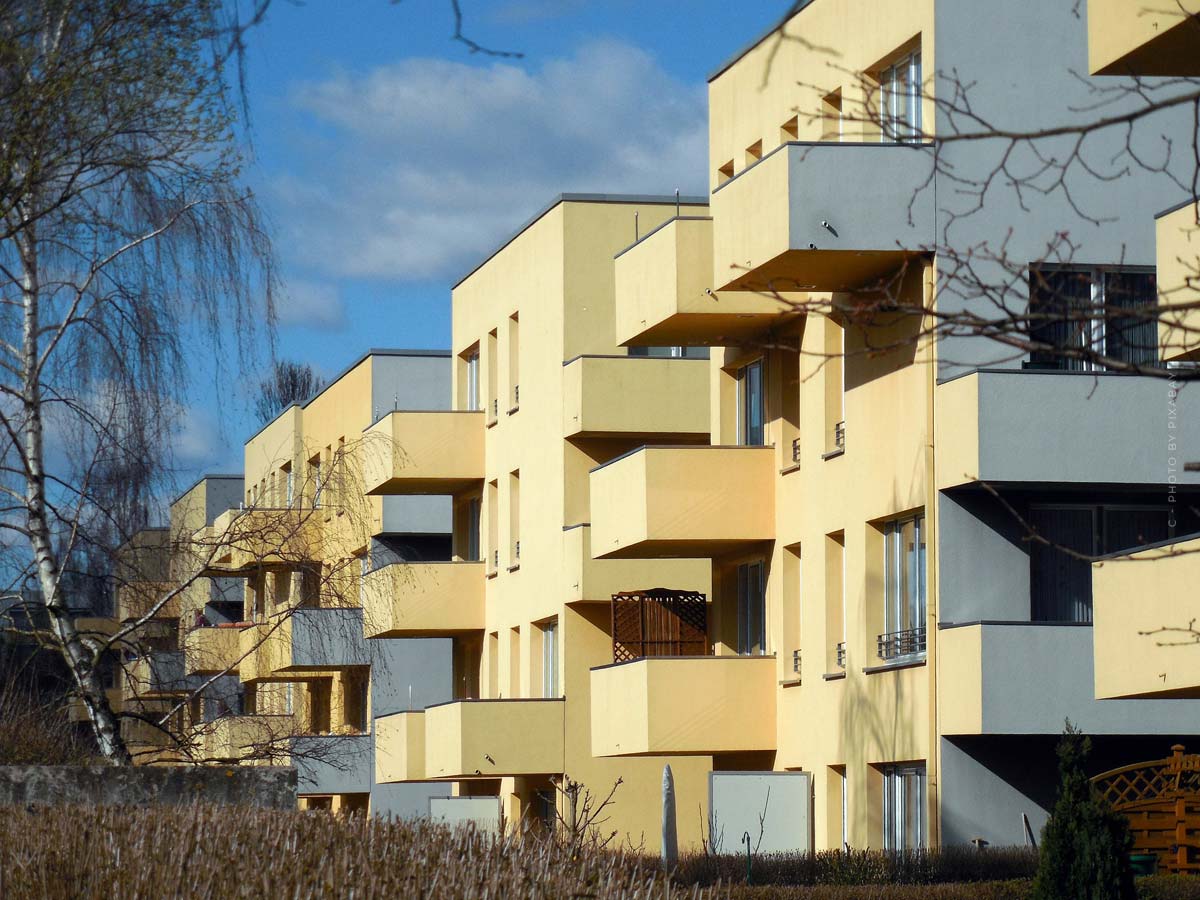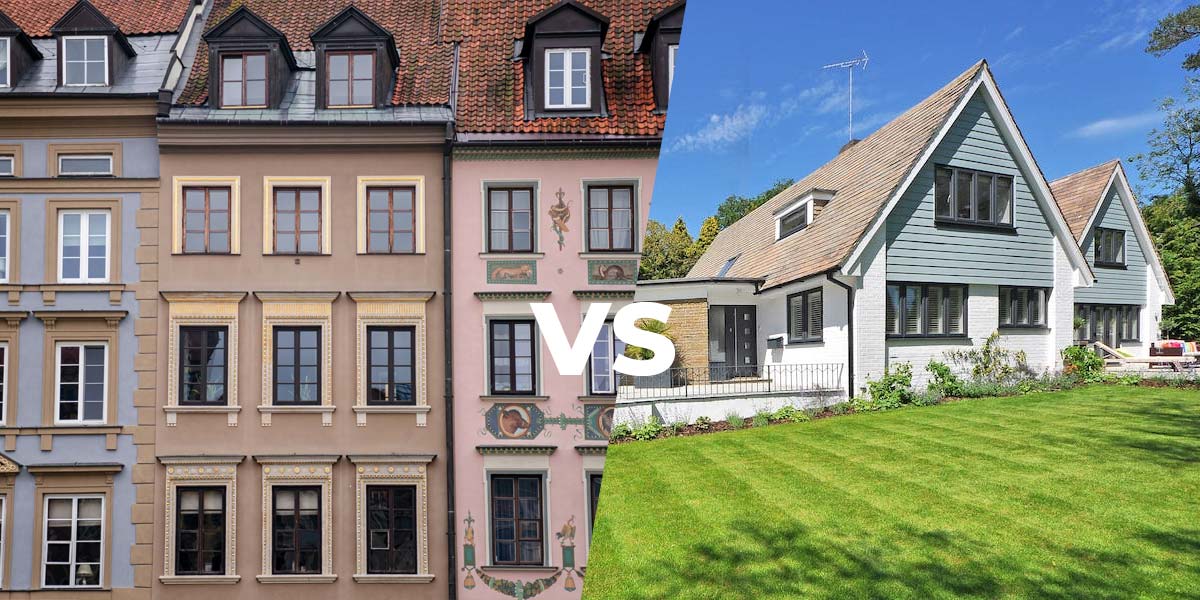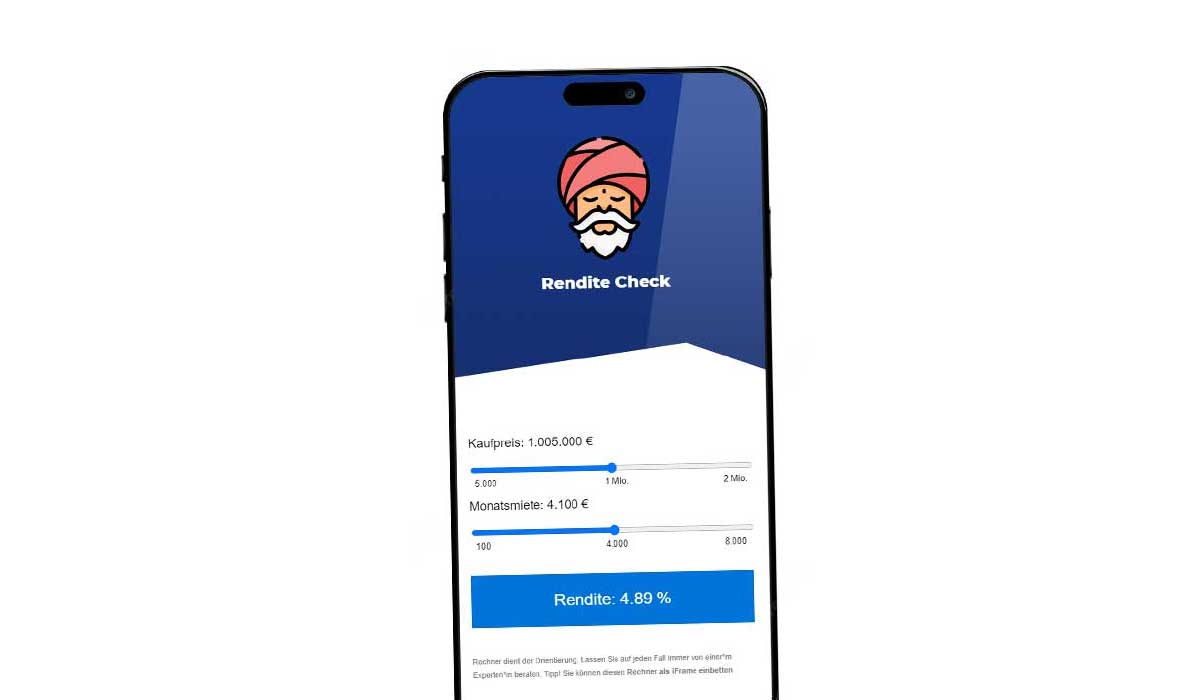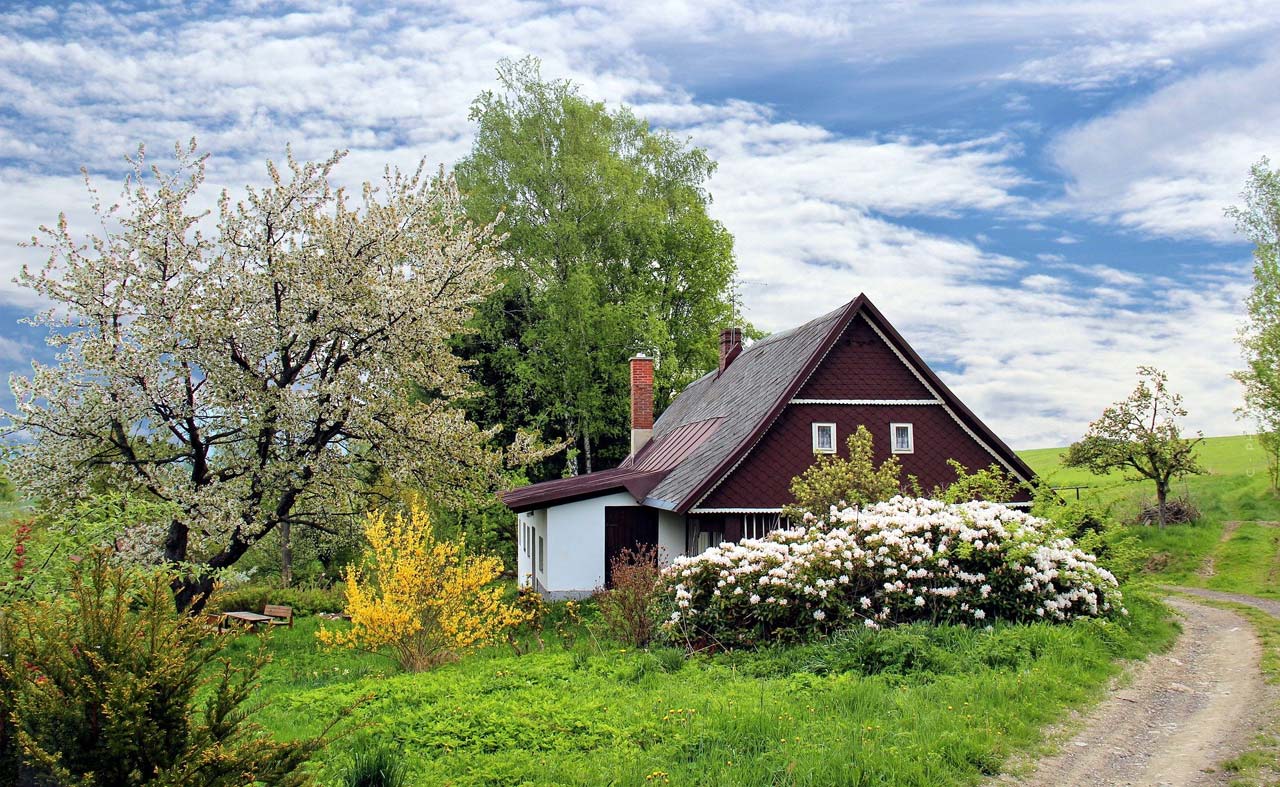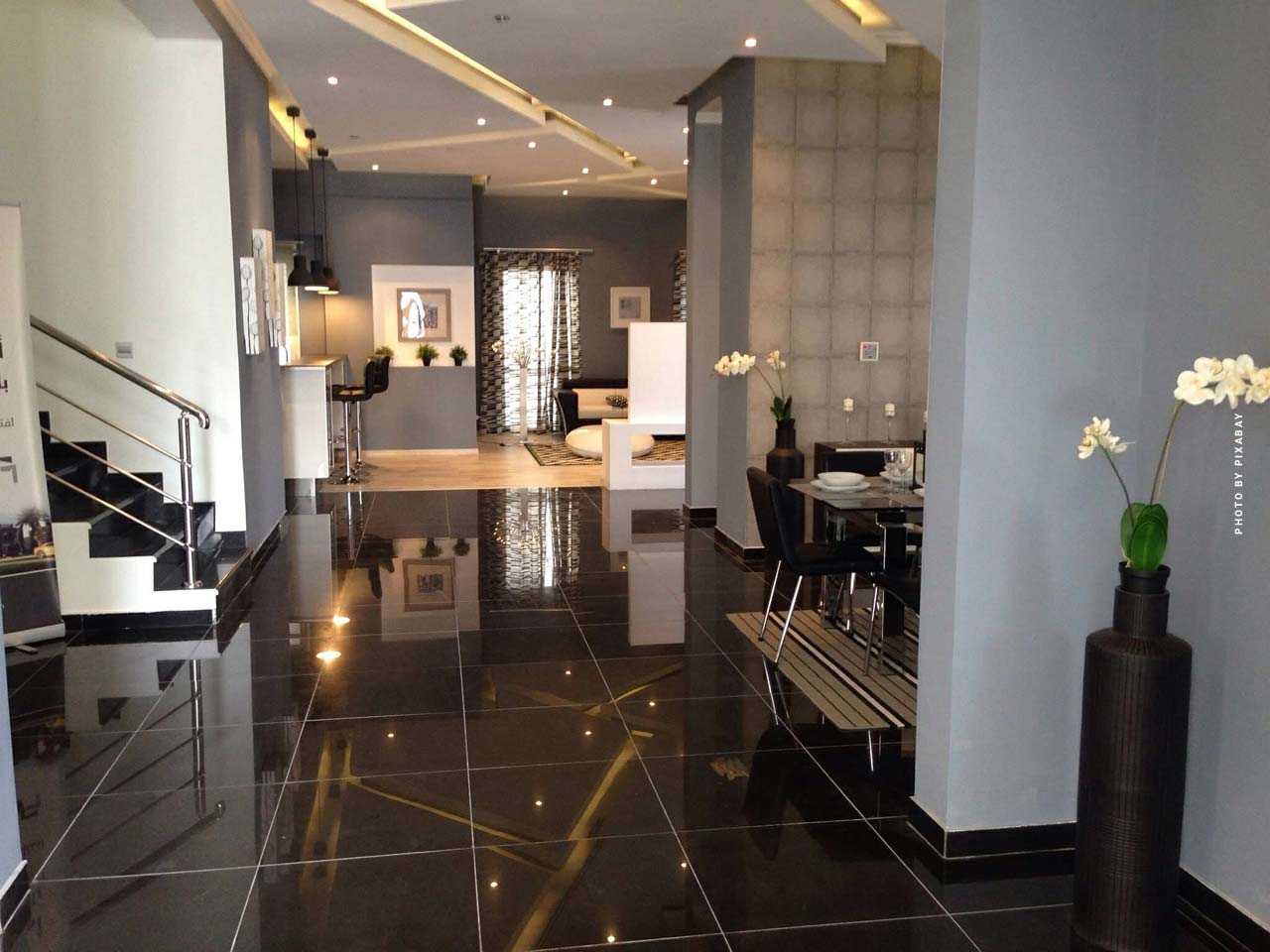What Real Estate Type Should I Invest in? Explained, Full Guide + Checklist
Real Estate Investment – We give you a simple, easy to understand guide for everyone on what type of real estate you should invest in. Everyone should be involved and informed about the decision of where they live. The advantages of condo, house, apartment, and townhouses. Everything to know about real estate, including when to buy or rent real estate. Is it better to buy or rent a house or apartment? We answer all these questions and more, in easy language and understandable terms.
Condo? Apartment? House? – Type of Real Estate Decisions
So you’ve decided you want to buy real estate. Should you invest in a house or an apartment? What has better resale value? There’s thousands of questions, so below we summarize the most important facts you have to know about what type of real estate you should invest in. There are some important questions though, which we answer below.
Buying real estate? Don’t forget about the…
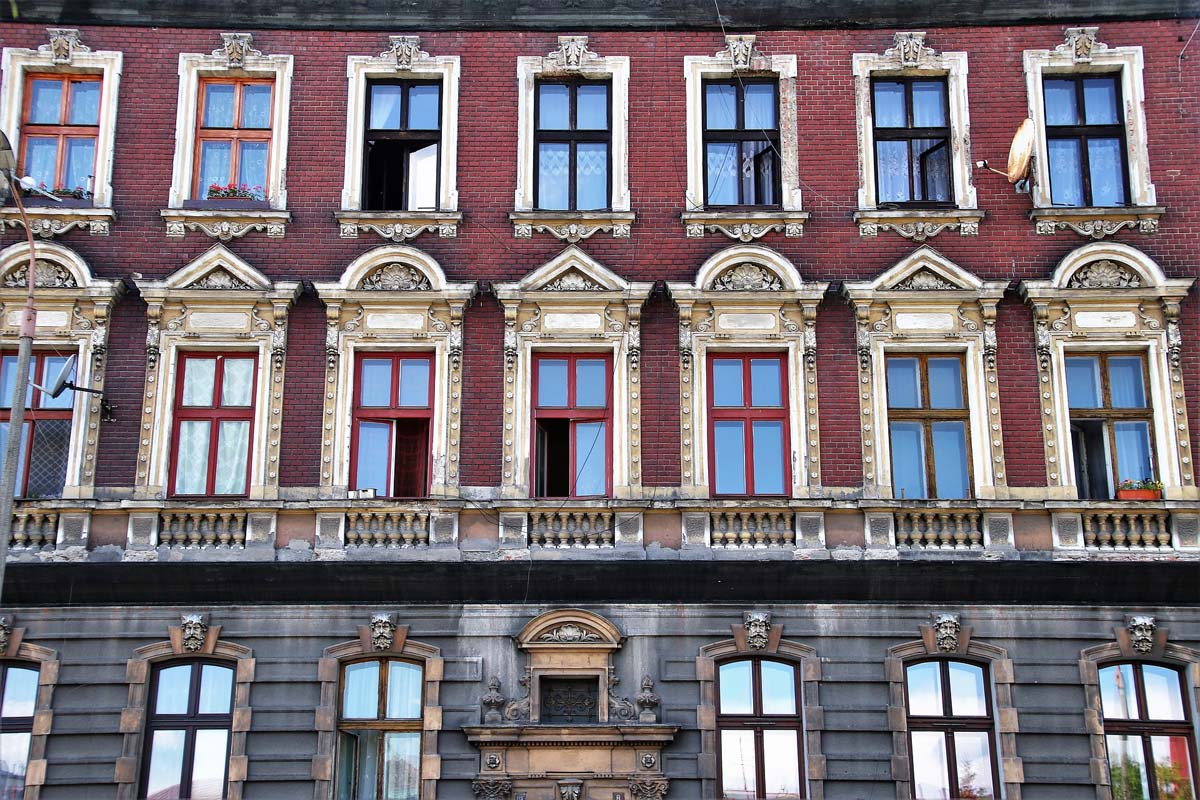
Do I want to Live in my Real Estate Investment?
Or using the lingo: Investment or owner-occupied properties? If you’re investing in real estate, you will know whether it is for a profit via e.g. rental, flip, appreciation, etc. or whether you want to live in it yourself (i.e. as owner-occupied property). This distinction is important when deciding what type of real estate you want to invest in. For example, buying a house to flip means different taxes than when you use it as a primary residence. This is an important part of the discussion, and therefore will be mentioned often further on. The most important difference for investors is between single-family residentials (e.g. a house) or multi-family residentials (e.g. an apartment building). Note, financing with e.g. mortgages is less lucrative and more difficult to attain for investment properties.
Financing is more difficult for investment properties!
Real Estate Investment – Forming a Business Company, Types of Entities
If you’re going to invest in real estate, you will want to reduce real estate taxes, and reduce liability. This is important so that you do not become involved in a costly legal battle which can cost you your livelihood. Forming a company which rents our property means that the company is liable, and not you. There are many forms of real estate business entities, so check out the full list below:
What Types of Real Estate are there?
There are 4 different types of real estate: residential, commercial, industrial, and land. We here focus only on residential real estate. This includes many types of buildings, which often have different names in different regions. Our list will go through the top 4 types:
- House
- Apartment
- Condo
- Townhouse
Of course, if you are deciding on a residence, you will know whether you want to live in an apartment in the city, or a house in the suburbs. Below, we focus on which type of real estate is most profitable.

Should I Rent out my Property?
This is one question which you may not be certain on. After buying real estate, you have two main options: Sell it on, or rent it out. Of course, you can leave it empty to avoid costs of repairs and reap the benefits of appreciation later, or any other number of things, but here we will focus on these two options as they are most popular. There are pros and cons to both sides, and the answer to the question depends on a few factors.
Financing
Buying a property to rent out has different tax implications, as well as different effects on your mortgage. Almost everywhere, investment properties are encouraged, and incentivized via tax deductions. That means lower taxes on the income you make from rental properties, than from selling/flipping. Looking at rental properties, you are entitled to deduct most of the expenses of your property your tax sheet. Repair services, the expenses of home office, insurance and mortgage insurance, are all deductible. The biggest advantage is likely depreciation though, where you can write off the consistently sinking value of a property from your taxes.
- Biggest advantage: Depreciation!

Involvement
The dream of real estate mogul is connected with passive income. That is, letting your investment make you profit, without the pressure of having to run a business or go to the office yourself. That’s called passive income, and it sounds quite comfortable (more comfortable, of course, than it actually is). That’s the type of income you have with rentals, where apart from repairs (which your property manager will take care of), you have little to no involvement yourself. Active income, the opposite of passive, is what most people do in their day job, working for every cent you receive. If you plan to sell your property, you are likely much more active in the process. If you plan on flipping your house, i.e. buy-renovate-resell, you can consider this a day job, as it requires much more consistent work.
Risks
If you are looking to rent out property, there is of course the risk of not finding tenants. On the other hand, there is a similar risk for flipping, when you fail to sell the house above acquisition price (i.e. the cost of buying and renovating the property). In any case, a real estate investment only carries risks if the decision to buy is made without looking at extensive information.
What Type of Real Estate Should I Invest in?
Now that we have all that cleared up, we go on to the different types of real estate and the advantages of each.
House
The so-called single-family residential. This is something everyone is familiar with, and needs no introduction. Typically when you buy a house, you pay a percentage of the full price up front (down payment), and then monthly pay off the rest of the price (the mortgage, more on all this in our article: Mortgage Explained Easily).
Advantages
Lower up-front cost means that at the point of purchase, you have to invest less money than you would for other types of real estate. There’s also the factor that you can quite freely decorate or renovate, without worrying about a building coop breathing down your neck. Another big advantage, you’re buying land at the same time as your house. Even without the house, this appreciates in value.
- Freedom & Privacy
Disadvantages
You’re the person in charge. The same way that carries advantages it also has disadvantages. You need to do repairs, servicing, etc. Of course, there’s also the price. Houses are of course much more expensive than apartments, even when finding a good mortgage. The location, with houses often being situated in suburbs, means distance to the big events or the inner city life. Of course this is also desirable for some, such as young families.
- Responsibility & Work

Apartment
Apartments are often the first step for first-time home buyers. An apartment is any form of residence which is situated within a larger apartment building. Although they are not always the most spacious, they are relatively cheap, and offer a good choice for those people looking to live in the city, as opposed to the suburbs. People often think that it is only possible to rent apartments, and although this is definitely the most common choice, it is also possible to buy and sell an apartment.
The advantages listed above are of course the most convincing. On top of this, you have people like the property manager, who come take care of issues such as plumbing. That means less responsibility for you, the resident. Additionally, the modern apartment building has amenities such as a pool or a fitness room. Lastly, it’s much less lonely, with the common spaces giving room for interactions with your neighbours. Looking at finances though, your apartment is less likely to appreciate in price, meaning that you won’t make profit when selling it.
Condo
A condo is for many the in-between option of apartment and house. It offers the size and relative privacy of a house, without the responsibility of owning a free-standing house. Attached to condos are often things like concierges, and security. Again, here it is also possible to rent, but also buy a condo.
Like apartments, this form of real estate is also less of a risk, as well as less of a commitment, than buying a house. People often neglect the fact that, just like in apartments, you will pay fees for repairs, or to the building managers. These ‘condo fees’ are somewhere between $100 and $700 a month. Another disadvantage is also the close proximity to neighbours.
- Condo Fees: $100-$700 /month
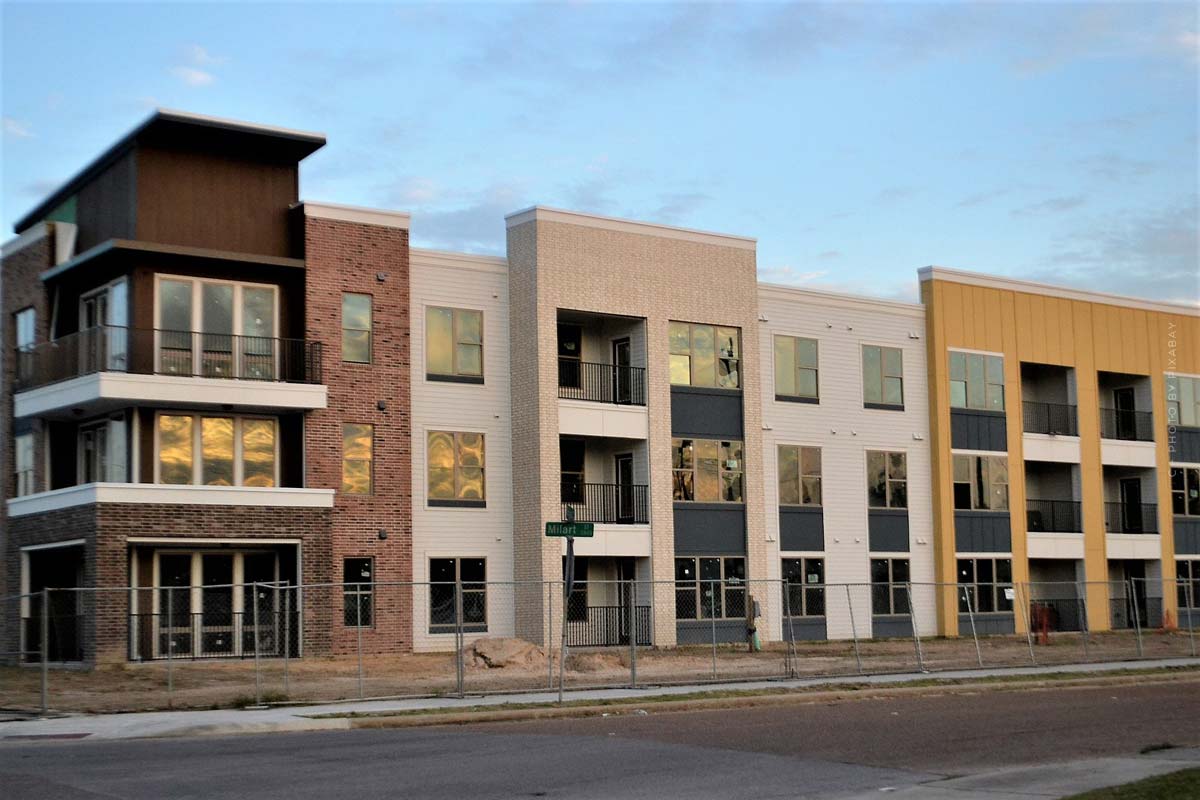
Townhouse
A townhouse is the often-forgotten fourth option. Here, just as with a house you own the property, i.e. the land as well as the building in which you live. This is advantageous because it allows you to build equity over time. So what’s the difference to a normal house? Townhouses are usually set up in a row, wall to wall with the neighbouring houses. That means less privacy, and common issues. Yet, for this reason, and because these are usually smaller than your average house, townhouses can be cheaper to finance. Additionally, they are great options for more space in more populous areas such as downtown city centers.
If you’re thinking about buying a condo, make sure to inquire in the other condos in the association/development. At least 90% should be owner-occupied. Even if you’re renting, ask around and find out how the rest of the owners are doing financially. An association means that if a singificant proportion of tenants are unable to pay, or are simply not paying, you will have to shoulder the load. So if they don’t pay you may suffer.
- >90% of Condos should be Owner-Occupied
Invest, Sooner or Later
No matter when you do decide to invest. Real estate is often the right choice, given that the necessary leg work is done beforehand. That means, getting informed, knowing about the options, and the dis- and advantages of all these options. Our guides on mortgage, property taxes, and costs, give you a strong foundation for what you need to consider.
Looking at real estate in Germany? Our encompassing guide tells you all:
